SUMMARY
This is AI generated summarization, which may have errors. For context, always refer to the full article.
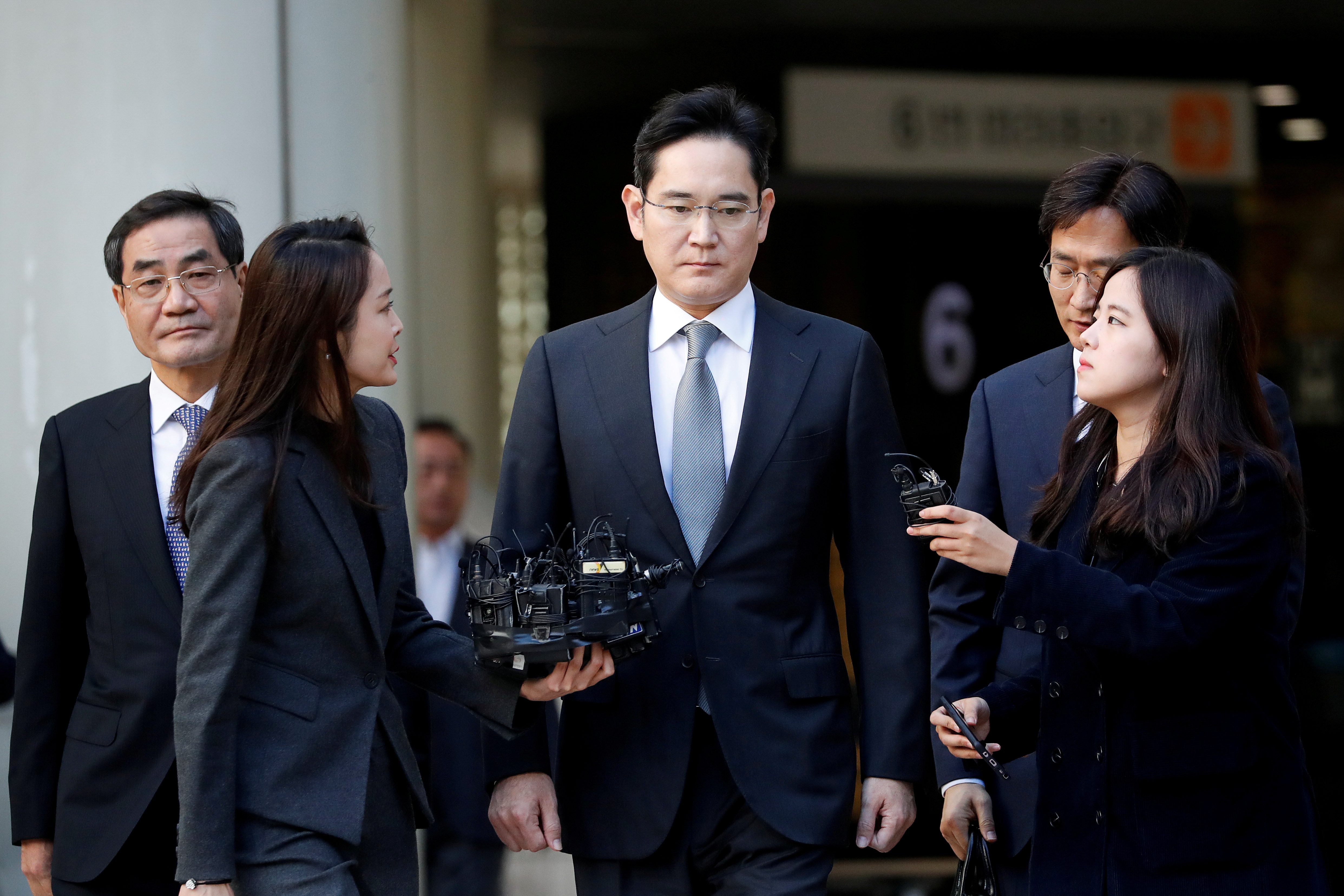
A South Korean court sentenced Samsung Electronics vice chairman Jay Y. Lee to two and a half years in prison on Monday, January 18, which could delay the group’s ownership restructuring following the death of Lee’s father in October.
The ruling also cements a major shift in South Korea’s view on wrongdoings committed by the owners of the country’s powerful conglomerates, or chaebol, which led the country’s economic rise after the Korean War on the back of what has been criticized as cozy relations with politicians.
Lee, the country’s most powerful businessman at age 52, had served one year in prison for bribing an associate of former President Park Geun-hye when an appeals court suspended it in 2018; a year later, the Supreme Court ordered him retried. His prison time will count against his latest sentence.
Monday’s sentencing by the Seoul High Court can be appealed to the Supreme Court within seven days, but legal experts said that because the Supreme Court has already ruled on it once, chances are low that its legal interpretation will change.
The Seoul High Court found Lee guilty of bribery, embezzlement and concealment of criminal proceeds worth about 8.6 billion won ($7.8 million), and said the independent compliance committee Samsung set up early last year has yet to become fully effective.
“(Lee) has shown willingness for management with newly strengthened compliance, as he has vowed to create a transparent company,” said Presiding Judge Jeong Jun-yeong.
“Despite some shortcomings… I hope that over time, it will be evaluated as a milestone in the history of Korean companies as a beginning for compliance and ethics,” he said.
Lee, dressed in a dark coat and silver tie and standing to hear the sentencing, sat down after it was read. He did not comment when given a chance by the judge.
During his final statement to the court in December, Lee had said that he wants to “make a new Samsung”.
“This case involves the former president’s abuse of power violating corporate freedom and property rights… The court’s decision is regrettable,” Lee’s lawyer, Lee In-jae, told reporters.
Shares fall
Lee will be sidelined for the time being from major decision-making at Samsung Electronics as it strives to overtake competitors. He will also be unable to directly oversee the process of inheritance from his father, crucial to keeping control of Samsung.
Analysts agreed that day-to-day operations would not be affected, but large-scale decisions whose results are often only visible after years, such as M&As and major personnel changes, may be.
“(Lee’s) absence is not going to disrupt Samsung’s current management… Unlike in his father’s time, Samsung has been managing by system, decision-making distributed to each business’ CEO,” said Chung Sun-sup, chief executive of research firm Chaebul.com.
“But besides the hit to his global image, long-term strategies, like currently unplanned investment for the future and restructuring, may stop,” he added.
Samsung affiliates’ shares fell sharply after the ruling, with Samsung Electronics shares down 3.4% in their worst daily fall in five months, while Samsung C&T shares fell 6.8%.
No more leniency
Monday’s ruling hammered home that the leniency typically shown to South Korean business leaders in the past can no longer be expected.
Lee is expected to return on Monday to the prison in which he served his earlier sentence.
Business groups expressed concern over the effect Lee’s sentence might have.
“Lack of long-term leadership can result in delayed entry into new businesses and quick decision-making, leaving them behind in global competition,” said Bae Sang-kun, an executive director of lobby group Federation of Korean Industries. – Rappler.com
Add a comment
How does this make you feel?
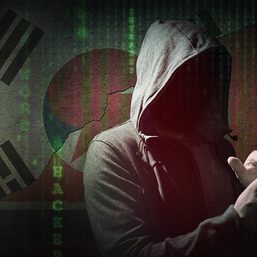
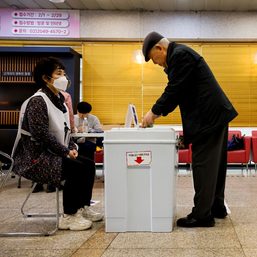
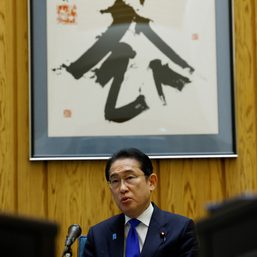

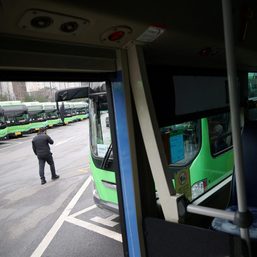
There are no comments yet. Add your comment to start the conversation.